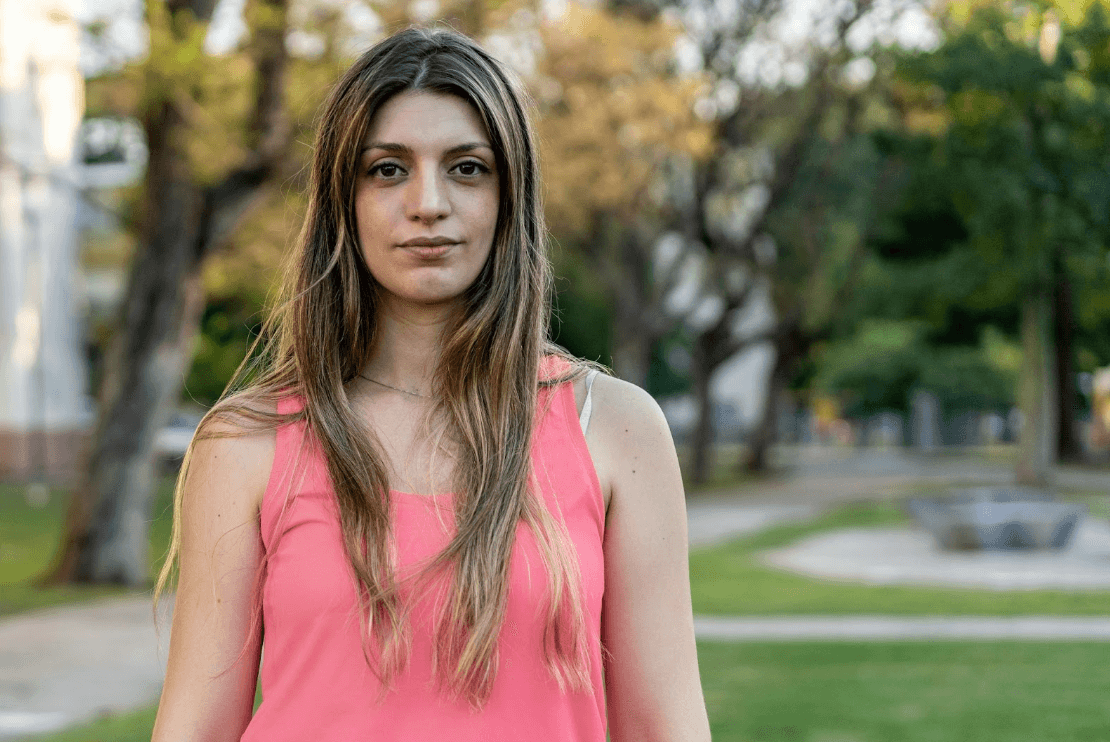
At what point does love become self-abandonment?
As we celebrate love and friendship this Valentine’s Day, it’s important to remember that love is not just about what we give to others—it’s also about how we honor ourselves.
Many people spend years believing that love means saying “yes” when they want to say “no,” always making themselves available, and prioritizing others’ needs above their own. Whether in romantic relationships, friendships, or family dynamics, they give until little remains of themselves. Over time, they come to a painful realization: they are not just losing themselves—they are disappearing.
One of my clients—let’s call her Ana—experienced this firsthand. Ana was known for being the one people could always count on. But in her relationships, whether with her partner, family, or closest friends, she constantly overextended herself. She canceled plans to accommodate others, bit her tongue to avoid conflict, and excused behaviors that chipped away at her self-worth.
One day, after yet another exhausting conversation where she felt the need to justify why her needs mattered, she broke down in one of our sessions and admitted:
“I feel like a whisper in my own story, fading into the background while everyone else takes center stage.”

Why Do So Many Struggle with Boundaries?
Ana’s story is not unique. Many people, especially women, have been conditioned to believe that love requires sacrifice. Cultural expectations, family dynamics, and personal insecurities can make it difficult to assert boundaries without feeling guilty.
Some of the biggest reasons people struggle with setting boundaries include:
– Fear of rejection: Worrying that saying “no” will push others away.
– Guilt: Feeling selfish for prioritizing personal needs.
– Cultural norms: Growing up in environments where self-sacrifice is seen as love.
– People-pleasing habits: Associating self-worth with how much they do for others.
But here’s the truth: Healthy boundaries don’t push people away—they create stronger, more respectful relationships.
What Happens When You Start Setting Boundaries?
When Ana first started setting boundaries, she was terrified. She expected backlash from loved ones who were used to her constant availability. At first, she did face some resistance—certain people didn’t like the shift.
But something incredible happened. The more she honored her needs:
✔ She felt less drained and more energized.
✔ She attracted healthier, more respectful relationships.
✔ She stopped feeling resentment toward the people she loved.
✔ She discovered a deeper sense of self-worth.
Boundaries didn’t ruin her relationships—they revealed which ones were built on respect and which ones relied on her overextending herself.

How to Start Setting Boundaries Without Guilt
This Valentine’s Day, instead of focusing solely on external relationships, take a moment to show love to yourself. Here’s how you can start:
✔ Identify one area where you feel overextended – Is it in your romantic relationship, family, work, or friendships? Where do you feel drained?
✔ Use clear and compassionate communication – Instead of over-explaining or apologizing, try phrases like:
– “I can’t commit to that right now, but I appreciate you thinking of me.”
– “I need some time for myself this weekend. Let’s reconnect next week.”
– “I value our friendship, and I want to be honest about what I can and can’t do.”
✔ Let go of the fear of discomfort – Some people may not like your new boundaries. That’s okay. People who truly respect and care for you will adjust.
✔ Celebrate small wins – Each time you set a boundary, acknowledge the courage it took. Over time, it will feel more natural.
The healthiest relationships—whether with a partner, family, or friends—do not demand self-abandonment. Instead, they celebrate authenticity, wholeness, and mutual respect.
What is one boundary you will set today to honor your worth?




